With term lengths typically shorter than 5 years, short term loans are ideal for meeting the immediate needs of a medical practice, such as upgrading your office equipment, restocking inventory, covering delayed bill payments, or simply increasing cash flow without spending restrictions.
Let’s talk about three common short-term funding options for doctors and medical professionals:
- Merchant cash advances
- Invoice factoring
- Lines of credit
1. Merchant Cash Advances
A merchant cash advance (MCA) is not actually a loan. Offered by alternative online lenders, an MCA is technically a form of financing known as an “asset purchase.” In exchange for a cash advance, your lender will automatically deduct a portion of your practice’s future earnings until the advance is repaid.
Payment amounts are based on your revenue, which means when revenue is lower, your payments will be reduced—and vice versa. As opposed to traditional interest rates, MCAs use what’s known as a factor rate that’s based on your business’s financial history. The stronger your history, the lower your rate should be.
It’s often easier to get a merchant cash advance than other forms of funding because approval requirements tend to be less strict than traditional medical practice loans. They also typically do not require collateral. However, MCA regulations vary from state to state and not all MCA providers are reputable, so be sure to do research before you sign a contract, and don’t work with lenders who engage in “loan stacking.”
MCAs are best for medical practices that:
- Need immediate funding or fast access to working capital
- Are seeking smaller loan amounts and shorter terms
- Would not be approved by traditional lenders, such as businesses with low credit scores
2. Invoice Factoring
Also known as accounts receivable financing, invoice factoring allows doctors to sell their outstanding invoices to a lender in exchange for the net amount in cash. Typically, the lender will advance the medical practice 70-90% of the invoice’s value, often up to a maximum of $100,000 per common ownership. Once your client pays their bill, the lender will remit the remaining 10-30% of the invoice—minus the lending fee.
Invoice factoring offers shorter repayment terms than other short-term financing options, typically aligning with your accounts receivable period—about 60-120 days. There is no standard factoring agreement, so be prepared to negotiate the terms.
When you apply, your factor will:
- Review and determine your client’s (or client base’s) creditworthiness
- Review previous invoices and assess how successful you’ve been at collecting payment
- Negotiate with you based on the results of their risk assessment
When you choose invoice factoring, lenders (called “factors”) are in charge of collecting payment from your clients. That’s why it’s so important to choose a lender that you can trust to treat your clients tactfully during the collection process. The last thing you want to do is compromise your business’s relationship with your clients.
Invoice factoring is best for medical practices:
With long accounts receivable periods
That need to fill in the gaps between sending invoices and receiving payment
With invoices valued over $15,000 with extended credit terms, and are not more than 90 days past due
3. Business Lines of Credit
A line of credit gives you access to working capital without the obligations of a fixed term loan. Lines of credit give you the flexibility to withdraw as much or as little as you need as long as you don’t exceed the credit limit, and as long as your business is performing as well or better than when the line of credit was approved. You can withdraw and repay as many times as needed, and only pay interest on the portion of money borrowed against the line of credit.
Business lines of credit are available from traditional and alternative lenders. Traditional lenders typically have stricter approval requirements such as high minimum credit scores, while alternative lenders are more flexible and will consider other factors. When you apply for a business line of credit from an alternative lender, your approval will be based on the revenue and cash flow of your medical practice as well as these factors:
- Vendor payment history
- Years in business
- Industry type
- Public records
- Personal credit
Lines of credit are best for medical practices:
- With a strong credit history who want a cushion to fill cash flow shortages
- Who need flexible access to working capital
Find the short-term medical practice funding you need
Multiple types of short-term physician business loans are available from alternative online lenders like Greenbox Capital. The best short-term medical practice loan ultimately depends on your practice’s needs and goals.
15% Off Medical Practice Supplies
VIEW ALL
 Manual Prescription Pad (Large - Yellow)
Manual Prescription Pad (Large - Yellow) Manual Prescription Pad (Large - Pink)
Manual Prescription Pad (Large - Pink) Manual Prescription Pads (Bright Orange)
Manual Prescription Pads (Bright Orange) Manual Prescription Pads (Light Pink)
Manual Prescription Pads (Light Pink) Manual Prescription Pads (Light Yellow)
Manual Prescription Pads (Light Yellow) Manual Prescription Pad (Large - Blue)
Manual Prescription Pad (Large - Blue)__________________________________________________
Appointment Reminder Cards
$44.05
15% Off
$56.30
15% Off
$44.05
15% Off
$44.05
15% Off
$56.30
15% Off

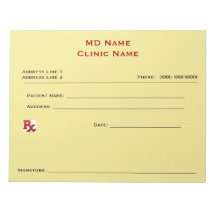
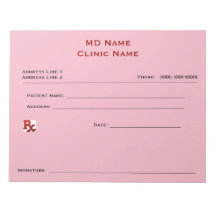
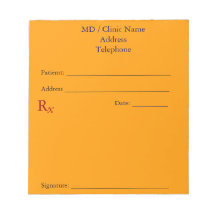
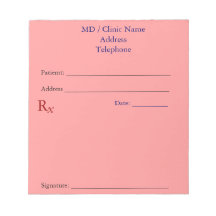
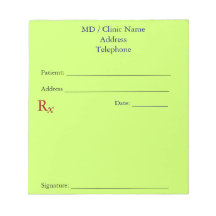
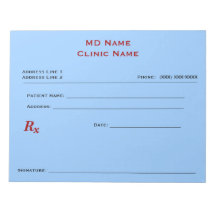
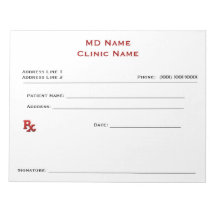
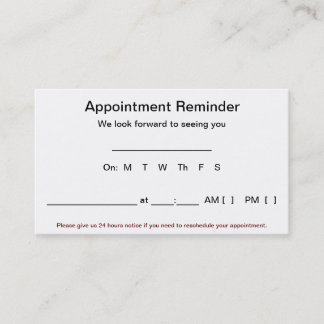
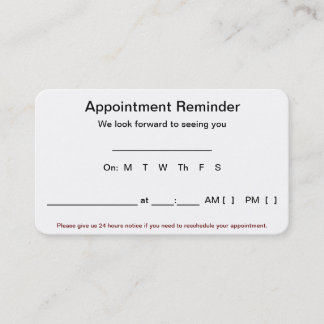
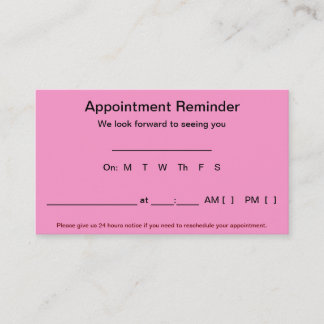
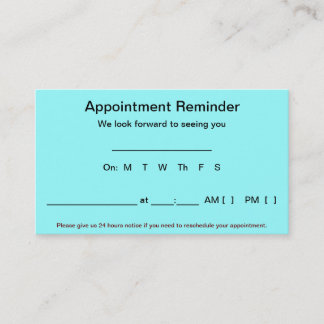
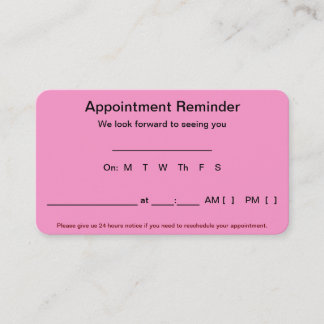
No comments:
Post a Comment